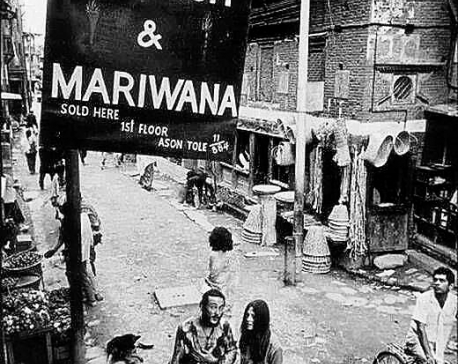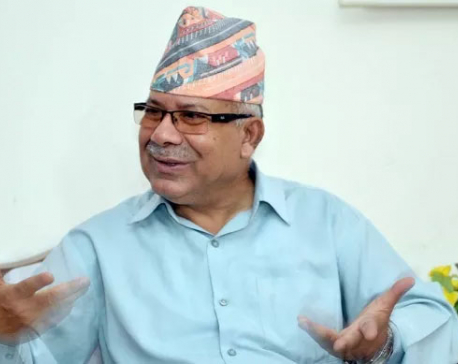
OR
Left front foreign policy
There is now a fear, much hyped in international media, that following the resounding victory in the federal and provincial elections of the left alliance, Nepal may make a decisive tilt towards China, at the cost of India. This fear is based on the fact that the top two leaders of the left alliance, KP Sharma Oli and Pushpa Kamal Dahal, have of late been reputed for their proximity to China. These fears were heightened when on the campaign trail Oli promised to give back the Budhi Gandaki hydro project to Gezhouba, after the Deuba government had wrested away the project from the Chinese company. Can we thus see the left victory as a watershed event in Nepal-China relations, and, concomitantly, as a troubling development in Nepal-India relations? We think it is too early to pass such decisive judgments. It is true that during the blockade Oli took a principled stand against Indian highhandedness, and then went on to sign the landmark trade and transit agreements with the northern neighbor. But any self-respecting ruler of Nepal, irrespective of their political persuasions, would have done the same, as doing so was in the country’s interest.
Oli’s overtures should rather be seen a part of Nepal’s effort to diversify relations away from India, on which it had traditionally been heavily reliant. Also, while the pro-China credentials of Oli have been much discussed in recent times, we would do well to recall that until recently he was known as among India’s most trusted friends in Nepal. What applies to Oli pretty much applies to Dahal as well. Following his sacking of the army chief in 2009, an act for which he had to pay with his prime minister’s chair, India had openly lobbied for the restoration of the dismissed chief. This one incident would poison Maoists-India relations for a long time. Much later, Dahal would admit that trying to sack the chief of the national army was one of his biggest blunders, and take great pains to clarify that he had absolutely no grudge against India. Which is just as well. No government in Kathmandu can afford to be ‘anti-India’ or seen to be trying to actively play off India against China. There is now a cross-party consensus that only by maintaining well-calibrated relations with both India and China can Nepal truly prosper, and only in that case will the government enjoy public support.
But even though we thus far see no problem with the position of Oli, the prime minister-in-waiting, on either India or China, the onus is on him to prove his doubters wrong. We hope he knows that he will be making a Himalayan blunder by inching progressively closer to China while completely ignoring India and its valid concerns, or vice-versa for that matter. The new foreign policy outlook that has been recently developed by a team of experts also urges Nepal to derive maximum benefit from the economic rises of the two next-door global powers. We don’t need a government that is pro-India or pro-China. We need a government that is capable of at all times working out what is in Nepal’s interest.
You May Like This

IT Training Nepal providing a firm career path for IT enthusiasts
KATHMANDU, Mar 1: IT Training Nepal is a professional computer institute providing job oriented courses to IT students in Nepal. It... Read More...

Make Nepal Green Again
“Hashish and Marijuana sold here - 1st floor,” read the signboard on one of the houses back in 1969 on... Read More...

Party's name will be Nepal Communist Party after merger: Leader Nepal
KAILALI, Feb 9: CPN-UML leader Madhav Kumar Nepal said that the name of the new party after merger between CPN-UMLand... Read More...




Just In
- Health ministry to conduct ‘search and vaccinate’ campaign on May 13
- Indian customs releases trucks carrying Nepali tea, halted across Kakarbhitta
- Silent period for by-election to begin from midnight
- SC issues short-term interim order to govt and TU not to take immediate action against TU legal advisor Khanal
- National consultation workshop advocates to scale up nutrition smart community in Nepal
- Patan High Court issues short-term interim order to halt selection process of NTB’s CEO
- NEPSE inches up 0.15 points; daily turnover increases to Rs 2.53 billion
- Bagmati Govt mandates tri-lingual signboards in offices














Leave A Comment